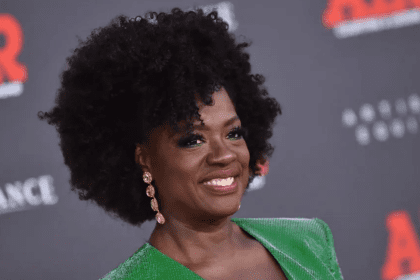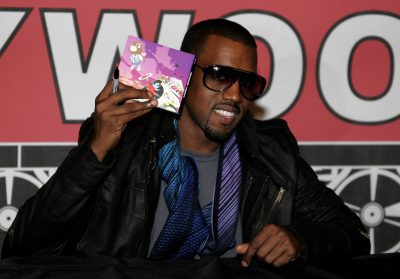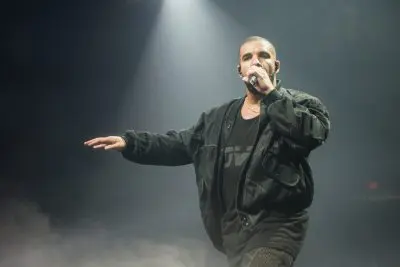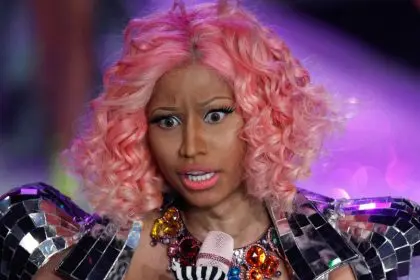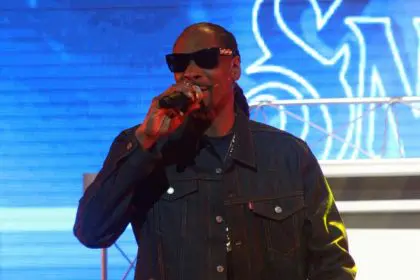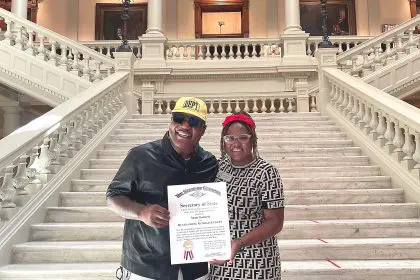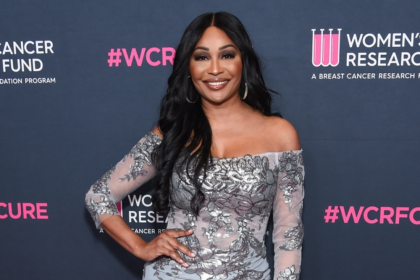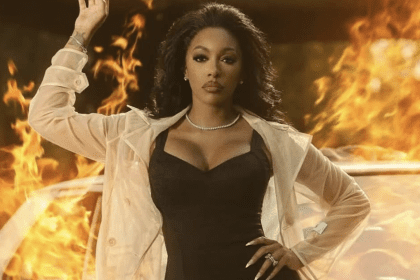In the wake of the big Oscar win for Steve McQueen’s 12 Years a Slave, the story broke regarding a rift between McQueen and John Ridley, the film’s screenwriter. According to various reports, McQueen and Ridley fell out after the British filmmaker’s request for a co-credit on the script was turned down. Since the dispute, McQueen has allegedly been cold toward Ridley at awards shows and hasn’t acknowledged the screenwriter in various acceptance speeches.
“Ridley … did not thank the director in his acceptance speech, striding past him on his way to the podium but pausing to hug [American Hustle director] David O. Russell,” reports The Wrap. “Some observers interpreted McQueen’s unsmiling applause as half-hearted. McQueen later took the microphone at the end of the evening when 12 Years a Slave won best picture, and made no mention of the writer.”
McQueen and Ridley first met in 2008 at a screening for McQueen’s debut film, Hunger. The film 12 Years a Slave came together after McQueen’s wife found the 1853 memoir by Solomon Northup upon which the biopic is based.
After the story of bad blood was made public, there were a number of reactions from the African American social media community. Disgust at the filmmakers’ supposed lack of camaraderie was palpable, with many voicing the typical sort of “why can’t we get along?” that seems to always accompany a story about two successful black people who happen to have a problem with one another.
But the more important question should be, “Why is this a big deal?”
Obviously, 12 Years A Slave just took home the Best Picture Oscar, so a tidbit concerning drama between the film’s creators is going to generate interest. But, surely we can’t believe that this is the first time a director and screenwriter on a major production had a falling-out with each other? We can’t possibly think that no other acclaimed motion pictures featured backstage drama? In the grand scheme of things, this is fairly light. Check out the contentious relationship between Oscar-winning director James Cameron and actor Ed Harris during the filming of The Abyss. The late Harold Ramis died last week having never mended fences with star Bill Murray, who starred in the Ramis-directed classic comedy Groundhog Day. Murray was also at the center of a feud with his co-star Lucy Liu on the set of Charlie’s Angels. Famed director Roman Polanski and Faye Dunaway hated each other during the filming of Chinatown. The list is endless.
So instead of overreacting to a trivial bit of Hollywood gossip, and using this story as fodder for overwrought “this is why black people can’t move forward” nonsense or conspiracy theories about how this story is trying to tear down the success of a pair of black filmmakers; recognize that sometimes personalities don’t mesh and/or there are differences of opinion. Sometimes people just do not get along. There was no public “airing out” of either man by the other and most of the content written about their feuding features no direct quotes from either. It’s mostly speculation and hearsay.
Ultimately, despite whatever differences they may have, Mr. McQueen and Mr. Ridley were able to realize their dream together and make a powerful film that was a resounding success.
And that’s really all that matters here.



